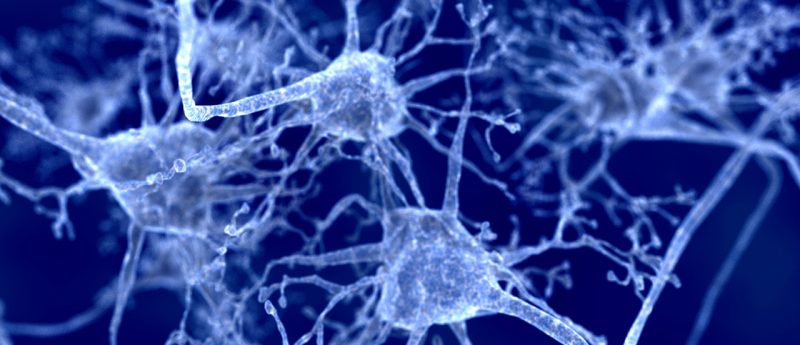Environmental toxin linked to Alzheimer’s pathology in new animal model

Scientists from the Institute of Ethnomedicine (WY, USA) and the University of Miami Brain Endowment Bank (FL, USA) have today published results of a study investigating the role of the environmental toxin termed beta-Methylamino-L-alanine (BMAA) in increasing the risk of Alzheimer’s disease. The study, which was published in the Proceedings of the Royal Society B, suggests that chronic exposure to BMAA could cause the build up of protein deposits characteristic of Alzheimer’s and some other neurodegenerative diseases. The potential significance of BMAA as an environmental toxin was first highlighted through the study of an indigenous population on the Pacific island...




